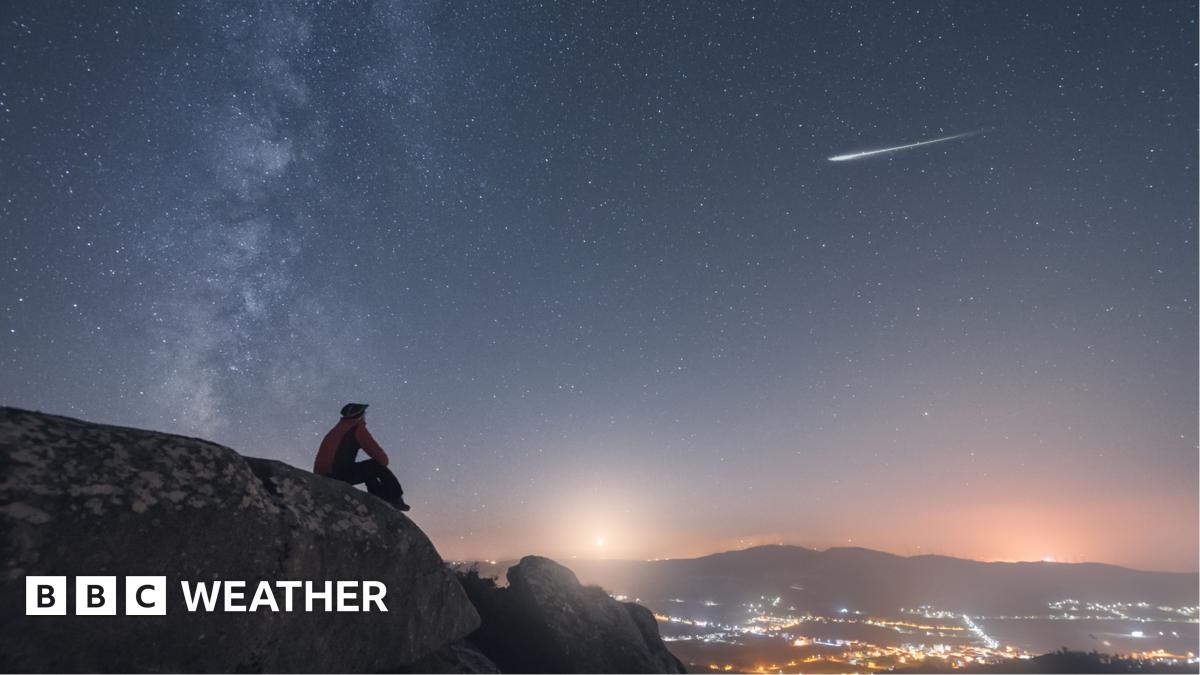The good news is that you do not need any specialist equipment for a chance to spot the meteors, but you may need a little patience.
First of all, given it is winter, make sure you are wrapped up well from the elements and keep warm. Get yourself comfortable in a garden chair or sun lounger, in as dark an area as possible, and allow your eyes a good 15 to 20 minutes to adjust.
The meteors may be visible just about anywhere in the sky, but are best viewed around two thirds of the way above the horizon, where the atmosphere is thinner.
The point in the sky from which the meteors appear to originate is known as the radiant and the quality of the display is measured by how many meteors are visible every hour – known as the zenithal hourly rate.
The radiant for the Quadrantids is in the former constellation of Quadrans Muralis – hence the shower’s name – close to the Plough. The zenithal hourly rate could be close to 120 meteors per hour, though this peak lasts only a couple of hours.
Luckily, around the peak viewing days, a waxing moon sets during the evening and so reduces the prospect of extra light pollution spoiling the event.
